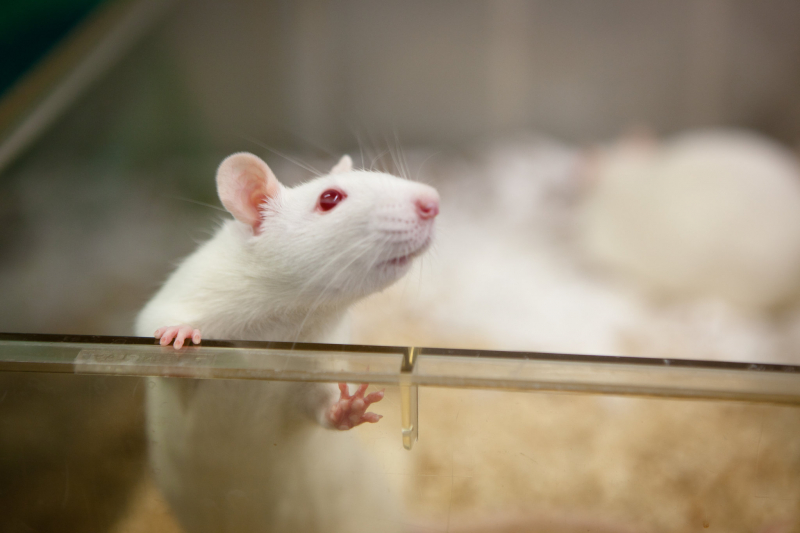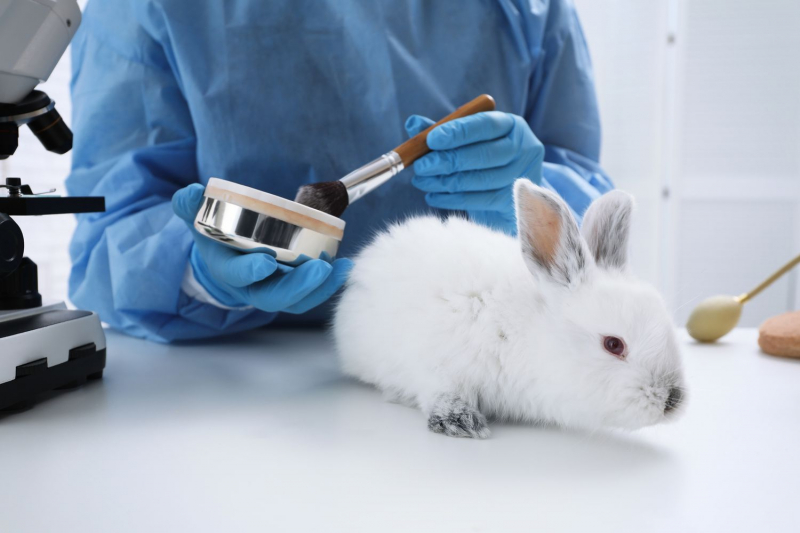Educational Value of Animal Testing
Essay topic: Argue for the educational benefits of using animals in scientific research, particularly in academic settings, to train future scientists and healthcare professionals.
Answer:
In the educational realm, the role of animal testing stands as a valuable tool in shaping the minds of future scientists and healthcare professionals. This essay advocates for the educational benefits derived from using animals in scientific research, emphasizing its significance in academic settings to cultivate the skills and knowledge of those who will lead the way in advancing healthcare.
The educational value of animal testing is profound, especially in academic settings where aspiring scientists and healthcare professionals lay the foundation for their careers. Interacting with living organisms provides hands-on learning experiences that textbooks alone cannot impart. This practical engagement fosters a deeper understanding of biological processes, anatomy, and the intricacies of medical research.
Animal testing serves as a bridge between theory and practice, allowing students to apply classroom knowledge to real-world scenarios. By conducting experiments on animals, students gain valuable insights into the complexities of biological systems and the potential impacts of medical interventions. This firsthand experience enhances critical thinking, problem-solving skills, and the ability to translate scientific concepts into practical solutions.
Furthermore, exposure to animal testing instills a sense of responsibility and ethical awareness in future scientists and healthcare professionals. Understanding the ethical considerations involved in using animals for research ensures that these professionals approach their work with compassion, empathy, and a commitment to the welfare of living beings.
In conclusion, the educational value of animal testing in academic settings is indispensable. It serves as a foundational tool for training future scientists and healthcare professionals, offering them practical experiences that shape their understanding of the intricacies of biological systems. While ethical considerations are vital, the educational benefits contribute to the development of a skilled and compassionate workforce that will drive advancements in healthcare and scientific knowledge. Balancing the educational benefits with ethical responsibilities remains crucial as we nurture the next generation of professionals in the field.












